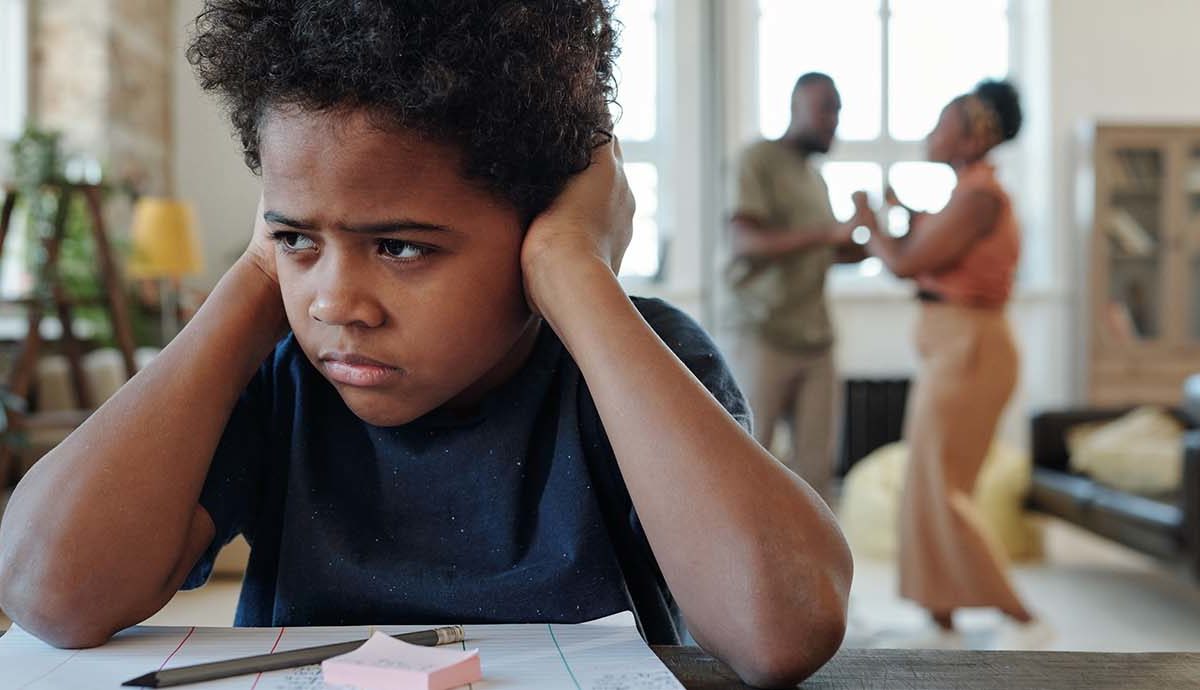October 13, 2021
Domestic violence awareness matters
NEWS
SEATTLE, Wash.–October is Domestic Violence Awareness Month. Domestic violence, also referred to as intimate partner violence (IPV), is a pattern of behaviors used by one partner to maintain power and control over another partner in an intimate relationship. Characteristics of domestic violence include behaviors that physically harm, arouse fear, prevent a partner from doing what they wish, or force them to behave in ways they do not want, including physical and sexual violence, threats and intimidation, emotional abuse and economic deprivation.
According to the National Coalition Against Domestic Violence, family and domestic violence is a common problem in the United States, affecting more than 10 million people each year. And the impact on children is astounding. One in 15 children are exposed to intimate partner violence each year, and 90 percent of these children are eyewitnesses to this violence. Children who witness and experience domestic violence are at an increased risk for post-traumatic stress disorder, aggressive behavior, anxiety, impaired development, difficulty interacting with peers, academic problems, and may have a higher incidence of substance abuse.
The issue of domestic violence is not an easy subject to talk about, nor is it always easy to recognize. It may be difficult for adults to witness and/or discuss, let alone children and youth who may have to be separated from the only family they’ve known because of being victims of domestic violence themselves. Some people may think “it’s none of my business” or “I don’t want to get involved” but when children and
Everyday I am thankful for National CASA/GAL’s network of 93,000 volunteer advocates who lend their voice to help more than 242,000 children and youth achieve a safe and permanent home. Equipped with 30 hours of preservice training, CASA/GAL volunteers assist judges in determining what’s in the best interest of children and youth in the child welfare system by providing best interest advocacy. They support children, youth and families by making recommendations for services and community resources and providing strategies to maintain or reunify the family with safety as the priority.
We also provide ongoing training for CASA/GAL volunteers and program staff about the co-occurrence of domestic and/or intimate partner violence, trauma and child abuse or neglect. We believe it’s important for CASA/GAL program staff and volunteers to understand the impact of trauma on child development and how to minimize its effects, without causing additional trauma when supporting children and youth impacted by violence.
National CASA/GAL believes every child deserves to grow up in a safe and loving home where they have the opportunity to thrive. So, when we hear or read stories about domestic violence during the month of October or throughout the year, we shouldn’t be afraid to talk about it with others. And if you see something, say something. When children and youth are involved, their wellbeing is everyone’s business.
If you know someone that is experiencing domestic or intimate partner violence and needs immediate assistance, please call 1-800-799-SAFE (7233) or visit https://ncadv.org/resources.
Tara Lisa Perry
CEO, National CASA/GAL Association for Children
